
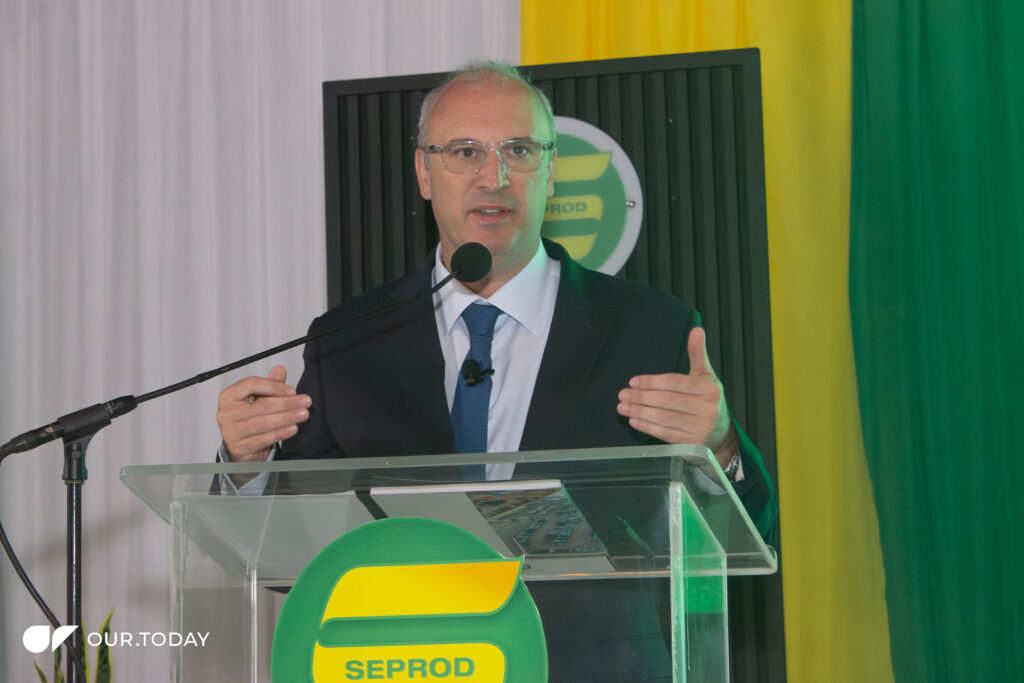
P.B. Scott has grown the Musson Group into a regional conglomerate. This reflects his confidence in the region and his companies’ ability to service it. He has also selected a formidable senior management team.
The Musson Group was once viewed as a Jamaican manufacturer, but over the last two decades, that can no longer be regarded as being the case. It has planted its flag across the Caribbean and even in Central America.
The operating environment over the last year has proved challenging with the world coming out of the COVID pandemic, supply chain issues, the imposition of tariffs and interest rates remaining stubborn.
At this time, less than 40 per cent of Seprod’s business is generated in Jamaica.
Recently, Seprod acquired Caribbean Producers Jamaica (CPJ) and A.S. Bryden, a declaration of its intent to become even more of a regional player. So with that in mind, how does P.B. Scott see the operating environment for the remainder of the year, and what does that mean for Seprod?
Speaking at Seprod’s 86th AGM, at the Terra Nova Hotel in St Andrew, Jamaica, Chairman of Mussons Group and Seprod P.B. Scott answered that question.
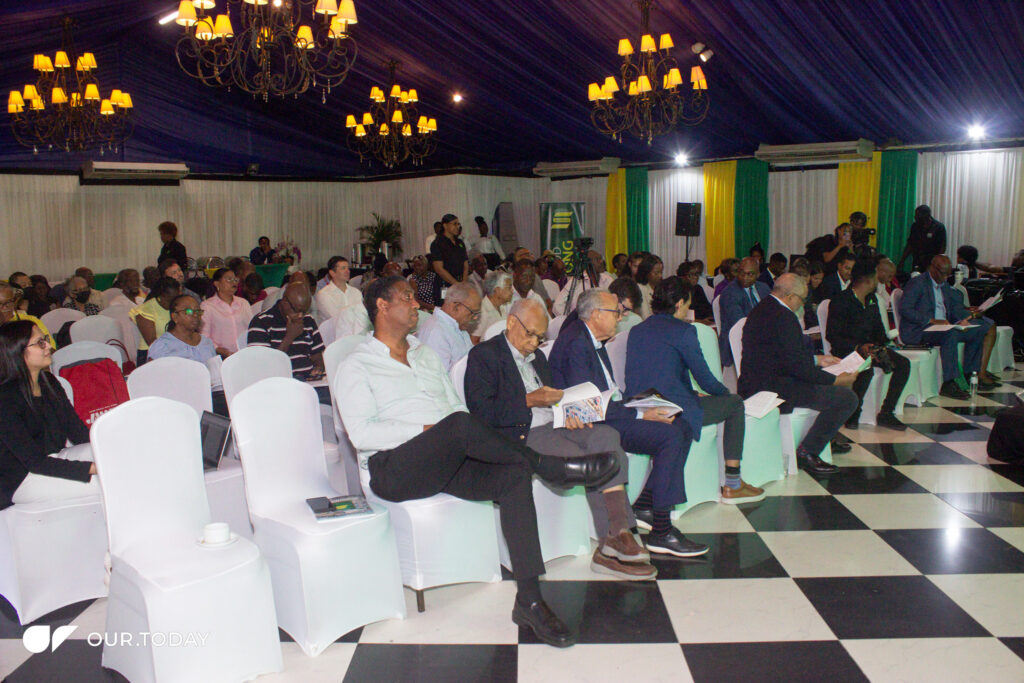
“There’s Jamaica, where we are headquartered, and then there is outside of Jamaica. Outside of Jamaica, there are tariffs which continue to be a work in progress. Richard [Pandohie] and his team have been working on pricing, etc, with our customers. It’s challenging when a duty is placed on a product, and then you have to rework in the value chain where that 10 per cent is going to land. That leads to a lot of conversations, not necessarily positive conversations.
“We’re not in the business for the next quarter; we are looking to build our exports over the next twenty years. Any investment we have made is for the long haul. We have to become more competitive and continue to focus on exports and grow volumes. We have other markets where tariffs do not affect us, like the Caribbean. We have a distribution platform, and we intend on growing our business. A lot of our exports have been somewhat limited by the capacity constraints that we had in our juice plant, which is now realigned because we completed the upgrade. I expect us to see a little bit of an uptick in our export business despite the tariffs.
“In Jamaica, the trade has seen a slight softening so far this year. We had a good July, and we are hoping it continues into August. We control certain elements of our business, and the economy in Jamaica hasn’t always been super rosy. We have had a tremendous amount of development and growth in this country over the last five to six years. Unemployment is at record lows, interest rates were very low, but even as they stand now, being high, for the vast majority of my life, they were in the high teens if you were borrowing. So they are still low relative to historic numbers.
“It’s not as if we are entering a period of time where there is a massive paradigm shift. We see a softening and hardening in our market all the time, and quite often it has nothing to do with the economy, take the travel advisory, for example.
“From a Seprod perspective, we have to adapt to any environment we are facing. We are confident. We have invested heavily in our factories. We are becoming more and more competitive. Our distribution is very effective, not just in Jamaica. We have a distribution platform across the entire CARICOM region, which is basically our domestic marketplace.
“If you think about that, what we produce in Jamaica, we can put on a shelf anywhere in the Caribbean. To the extent that Georgetown is more important to us than Spanish Town, I don’t think we are there yet. We are getting to the point where there are many Spanish Towns across the Caribbean. We are not just addressing the Jamaican domestic marketplace.
“CPJ is a very strategic transaction for us. So far, it has been working out well for us. It’s on track.
“I think this year will be a good year for us, where we get a lot done. I can’t recollect any year that has not been challenging in some shape or form.”

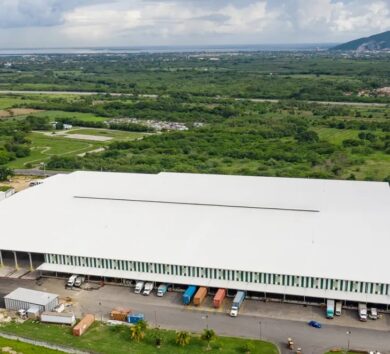



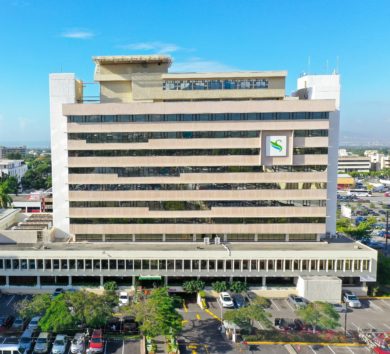
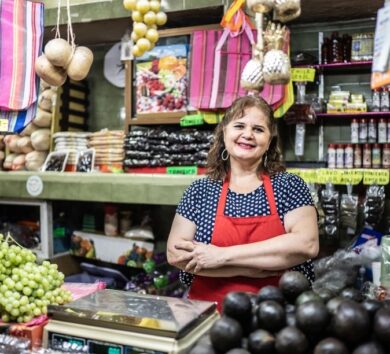
Comments